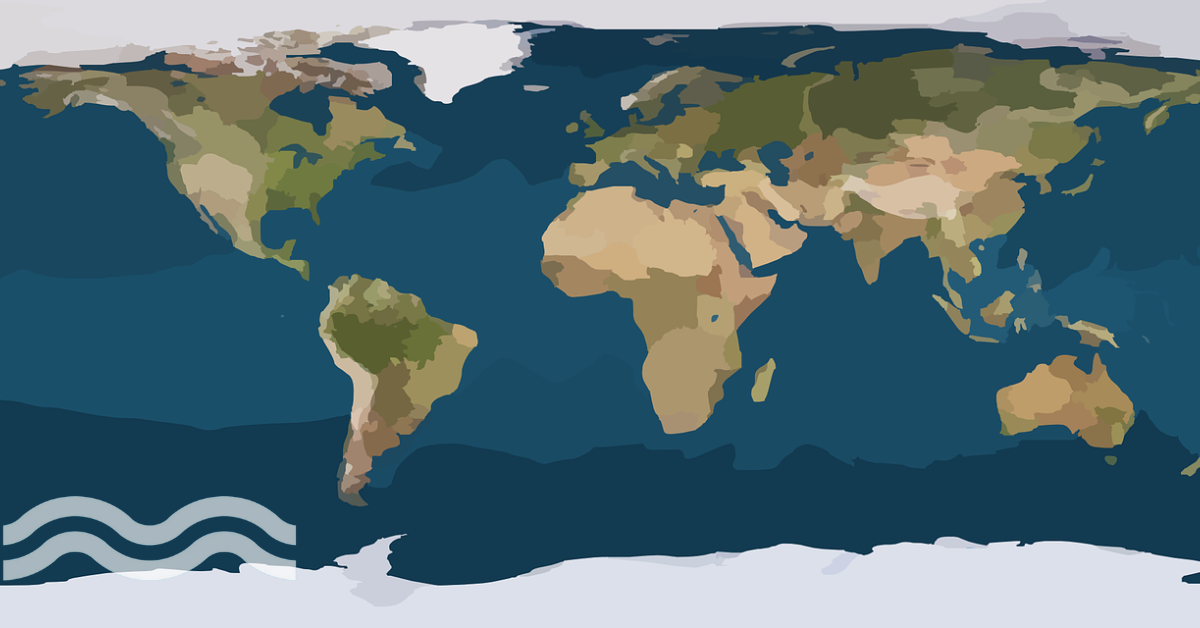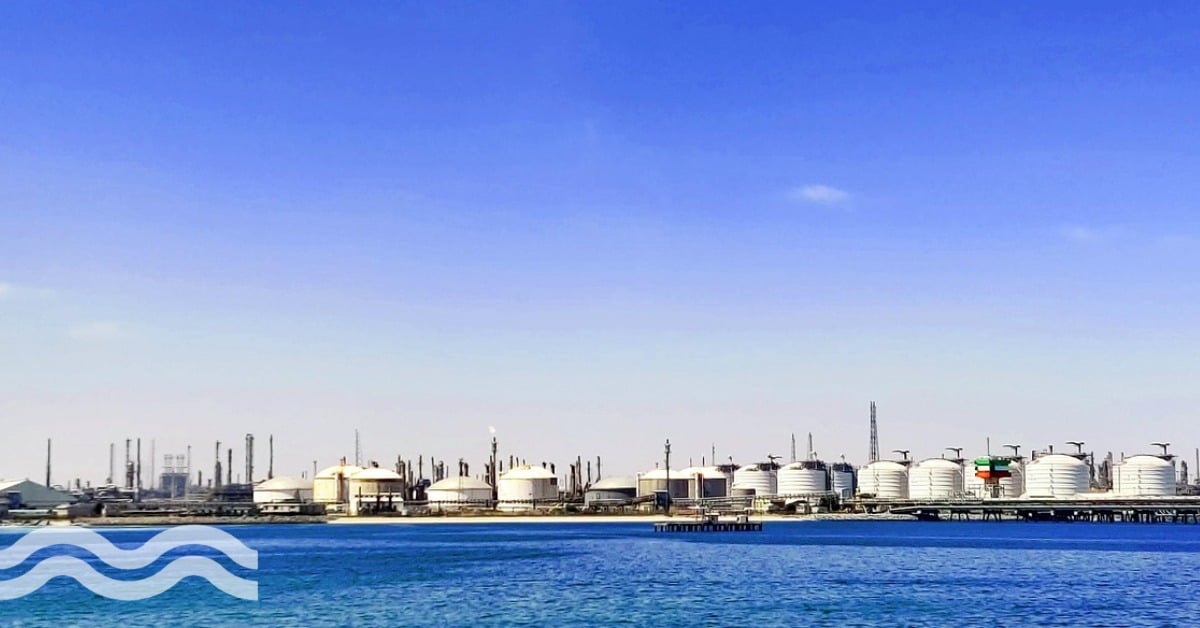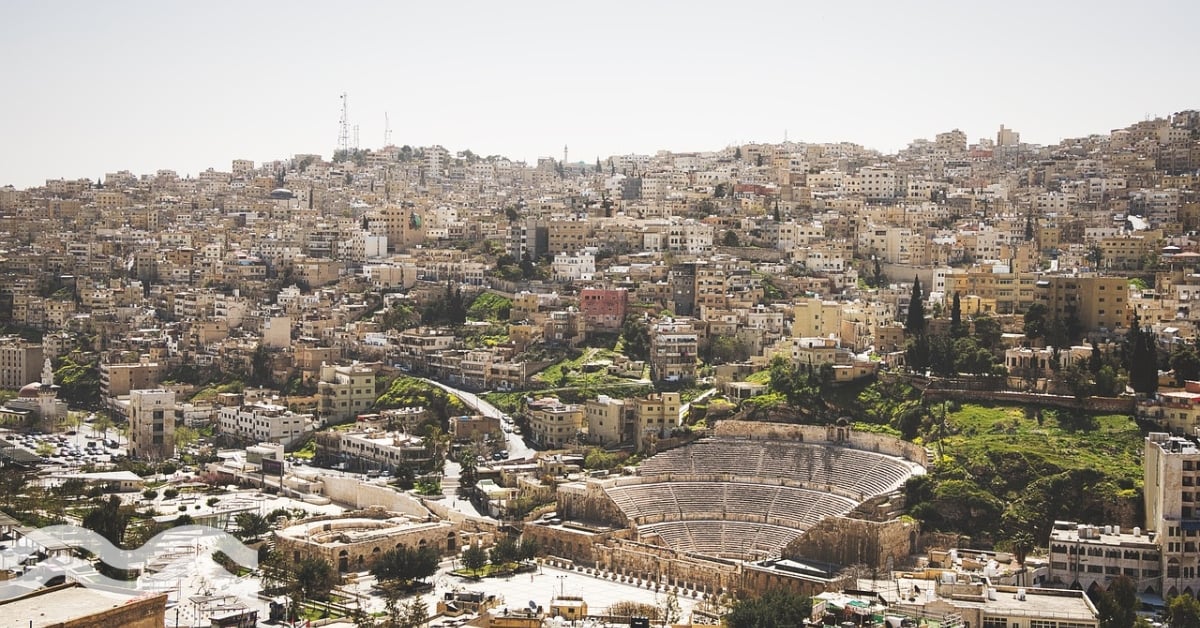Water wars: Global surge in water-related violence unveiled

A comprehensive new report released by global think tank, the Pacific Water Institute, has revealed a notable escalation in violence linked to water resources on a global scale. The study indicates a 12 per cent increase in water-related conflicts over the past year alone.
Worsening water-related violence
The Water Conflict Chronology, created by the Pacific Institute during the 1980s, is the world’s most comprehensive open-source database on water-related violence. The database includes verified instances where water or water systems have been a trigger, weapon, or target or casualty of violence.
The Chronology includes over 1,630 cases and shows a clear worsening trend of water-related violence during recent decades. The database shows 228 incidents in 2022 and 117 incidents between January and June of 2023.
A growing global trend recorded was violence associated with water scarcity and access. The 12 per cent surge in water-related conflicts over the past year suggests an intensification of disputes. Specific regions, including South Asia, Sub-Saharan Africa, and the Middle East, emerge as hotspots grappling with heightened tensions over water resources. These areas face escalating challenges in managing water distribution, resulting in conflicts among local communities.
The report also sheds light on the humanitarian consequences, with a surge in displacement and crises arising from water-related conflicts. Access to clean and sufficient water is increasingly becoming a critical factor in the stability and well-being of affected communities worldwide in countries and territories such as the Ukraine and Gaza.
Transboundary water resources
The study draws attention to the strain on transboundary water resources, emphasizing the rising tensions among nations sharing water bodies. This trend raises concerns about potential diplomatic and geopolitical challenges.
Dr. Rebecca Turner, a water security expert involved in the report, stresses the urgency of addressing these escalating conflicts: "The data from the Water Conflict Chronology is a stark reminder of the increasing pressure on global water resources. Governments and international bodies need to prioritise sustainable water management to prevent further escalation in violence."
Professor James Thornton, an international relations specialist, highlights the broader implications: "Water-related conflicts have far-reaching consequences, not only for the communities directly affected but also for regional stability. Proactive measures are needed to prevent these disputes from escalating into larger geopolitical crises."
Identifying and understanding water-related violence
Each event in the Water Conflict Chronology database is identified by date, location, category (trigger, weapon, or casualty), short description, and verifying citation or source.
The Pacific Institute’s work on water and conflict is focused on identifying and understanding the risks of water-related violence, but also identifying strategies for reducing these risks. This includes technical and engineering solutions to improve access and efficient use of water, the application of political and legal tools to protect civilian water systems, and new economic approaches to address inequities in freshwater availability and affordability.
The report's release has spurred international concern, leading to intensified diplomatic efforts to address the root causes of water-related conflicts.
Calls for increased investment in water infrastructure, sustainable resource management and diplomatic dialogue have gained traction, underscoring the need for a collaborative approach to avert further violence over water.


